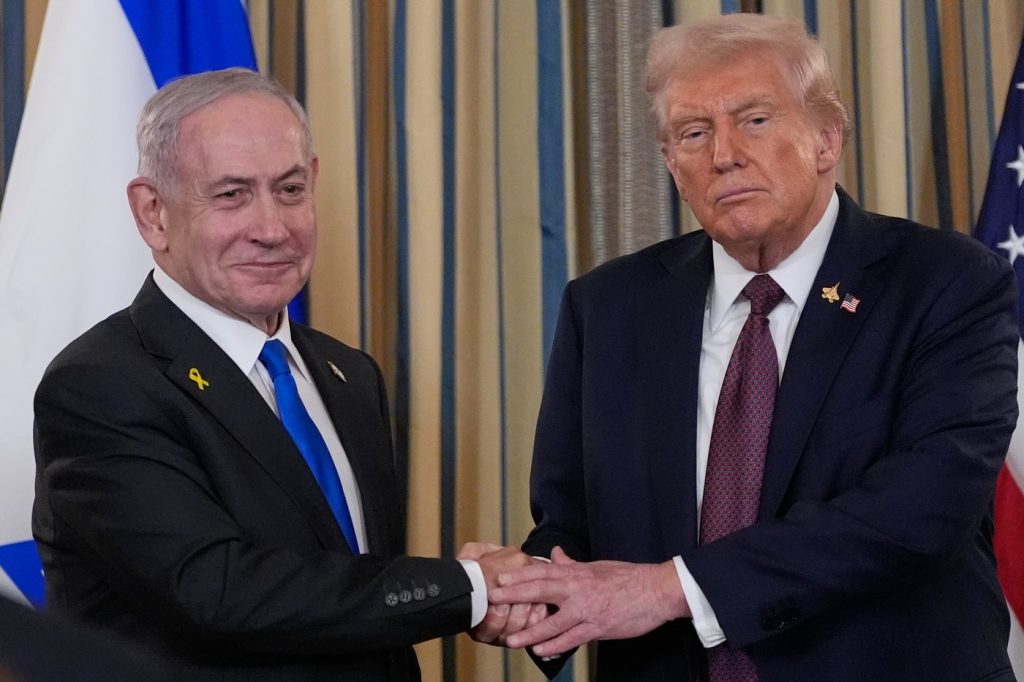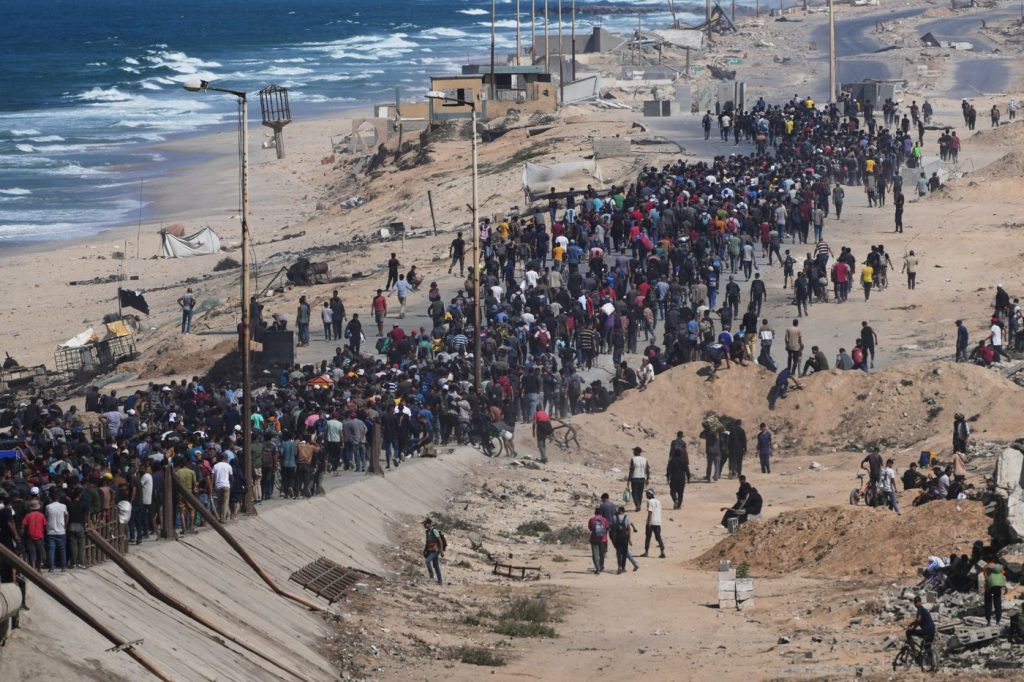The ongoing conflict between Israel and Hamas, which has persisted for two years, appears to be edging closer to resolution as both parties have agreed on the initial terms of a proposed peace plan introduced by President Donald Trump. This development has generated cautious optimism regarding the potential for a ceasefire and a cease in hostilities between the two groups.
An important development expected this weekend is the exchange of Israeli hostages for Palestinian prisoners. This exchange is viewed as a significant step towards fostering goodwill and reducing tensions, thus paving the way for a potential ceasefire. The negotiations surrounding this exchange signify a crucial moment as both Israelis and Palestinians grapple with the toll of the prolonged conflict.
Despite the initial agreement, several key issues remain unresolved, which will need to be addressed in subsequent phases of negotiations. A particularly contentious point is whether Hamas will agree to relinquish its weapons as part of a broader peace initiative. This issue is vital to ensuring lasting peace, as the presence of arms among any of the factions could undermine efforts to stabilize the region.
To delve deeper into the implications of this peace agreement, host Caryn Ceolin was joined by Jon Allen, a former Canadian ambassador to Israel and Senior Fellow at the Bill Graham Centre for Contemporary International History. Their discussion spotlighted the complexities of the current agreement and highlighted why uncertainty persists regarding the potential to reach a permanent resolution to the conflict.
The deliberations between Israel and Hamas also emphasize the broader geopolitical dynamics at play, with various international stakeholders keenly observing the situation. The framework established by Trump's peace plan aims to balance the interests of both sides while addressing core issues such as territorial disputes and security guarantees.
The road to peace remains fraught with challenges, demanding the commitment and cooperation of both Israel and Hamas. As negotiations advance, the international community continues to hope for a breakthrough that could finally alleviate the suffering endured by millions affected by the war.












